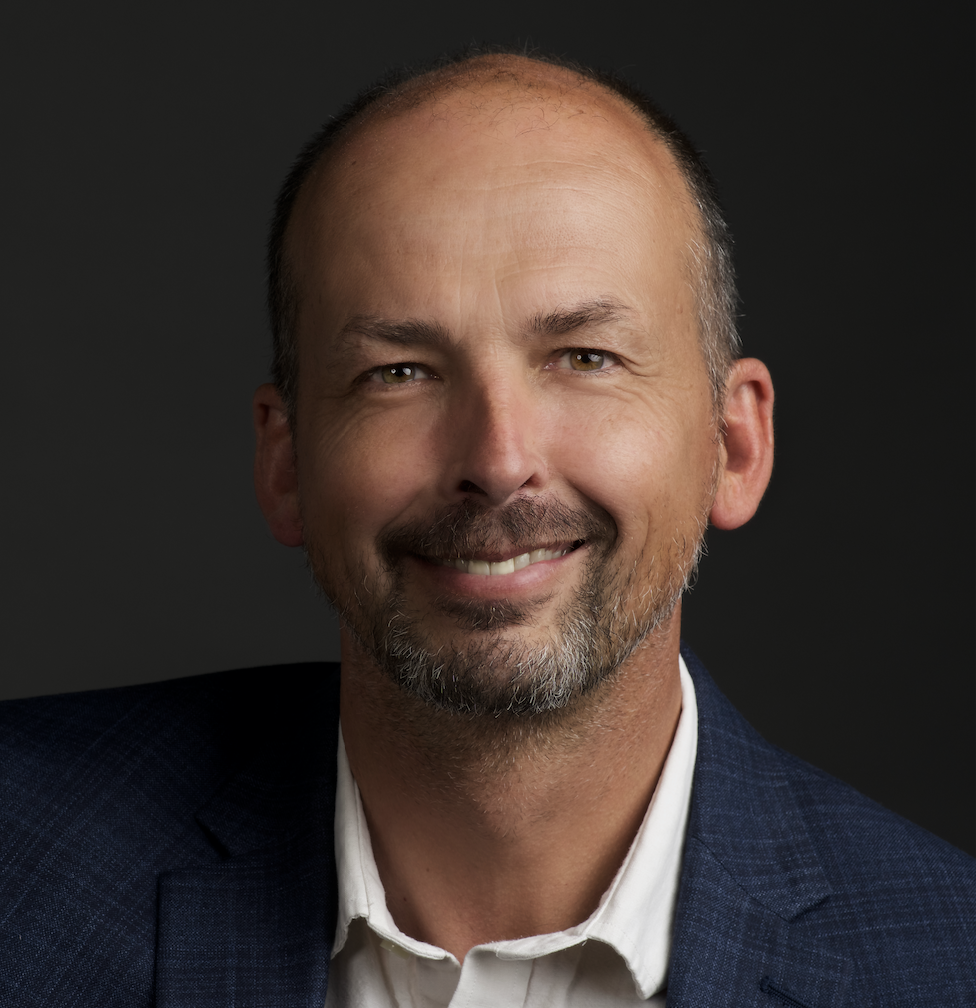I have used variations of this journalling process now in several events. The source comes from Otto Scharmer’s work and The Presencing Institute. I typically use them to invite a level of personal sourcing, and to clarify intentions. Everything from 10 minutes to a couple of hours. Colleague Martin Siesta hosted a sweet version of this last week in Colorado working with financial planners. It was followed by time in wilderness and then a partner discussion.
The full questions and context are here.
The questions in brief, follow:
[ 1 ] Challenges: Look at yourself from outside as if you were another person: What are the 3 or 4 most important challenges or tasks that your life (work and non-work) currently presents?
[ 2 ] Self: Write down 3 or 4 important facts about yourself. What are the important accomplishments you have achieved or competencies you have developed in your life (examples: raising children; finishing your education; being a good listener)?
[ 3 ] Emerging Self: What 3 or 4 important aspirations, areas of interest, or undeveloped talents would you like to place more focus on in your future journey (examples: writing a novel or poems; starting a social movement; taking your current work to a new level)?
[ 4 ] Frustration: What about your current work and/or personal life frustrates you the most?
[ 5 ] Energy: What are your most vital sources of energy? What do you love?
[ 6 ] Inner resistance: What is holding you back? Describe 2 or 3 recent situations (in your work or personal life) where you noticed one of the following three voices kicking in, which then prevented you from exploring the situation you were in more deeply:
Voice of Judgment: shutting down your open mind (downloading instead of inquiring)
Voice of Cynicism: shutting down your open heart (disconnecting instead of relating)
Voice of Fear: shutting down your open will (holding on to the past or the present instead of letting go)
[ 7 ] The crack: Over the past couple of days and weeks, what new aspects of your Self have you noticed? What new questions and themes are occurring to you now?
[ 8 ] Your community: Who makes up your community, and what are their highest hopes in regard to your future journey? Choose three people with different perspectives on your life and explore their hopes for your future (examples: your family; your friends; a parentless child on the street with no access to food, shelter, safety, or education). What might you hope for if you were in their shoes and looking at your life through their eyes?
[ 9 ] Helicopter: Watch yourself from above (as if in a helicopter). What are you doing? What are you trying to do in this stage of your professional and personal journey?
[ 10 ] Imagine you could fast-forward to the very last moments of your life, when it is time for you to pass on. Now look back on your life’s journey as a whole. What would you want to see at that moment? What footprint do you want to leave behind on the planet? What would you want to be remembered for by the people who live on after you?
[ 11 ] From that (future) place, look back at your current situation as if you were looking at a different person. Now try to help that other person from the viewpoint of your highest future Self. What advice would you give? Feel, and sense, what the advice is—and then write it down.
[ 12 ] Now return again to the present and crystallize what it is that you want to create: your vision and intention for the next 3-5 years. What vision and intention do you have for yourself and your work? What are some essential core elements of the future that you want to create in your personal, professional, and social life? Describe as concretely as possible the images and elements that occur to you.
[ 13 ] Letting-go: What would you have to let go of in order to bring your vision into reality? What is the old stuff that must die? What is the old skin (behaviors, thought processes, etc.) that you need to shed?
[ 14 ] Seeds: What in your current life or context provides the seeds for the future that you want to create? Where do you see your future beginning?
[ 15 ] Prototyping: Over the next three months, if you were to prototype a microcosm of the future in which you could discover “the new” by doing something, what would that prototype look like?
[ 16 ] People: Who can help you make your highest future possibilities a reality? Who might be your core helpers and partners?
[ 17 ] Action: If you were to take on the project of bringing your intention into reality, what practical first steps would you take over the next 3 to 4 days?
